Earn a certificate & get recognized
Introduction to Web Scraping Libraries
Seize the opportunity to enhance your expertise! Join our free Web Scraping Libraries course at Great Learning. Enrol now and transform your data extraction skills!
Introduction to Web Scraping Libraries
476 learners enrolled so far
Stand out with an industry-recognized certificate
10,000+ certificates claimed, get yours today!
Get noticed by top recruiters
Share on professional channels
Globally recognised
Land your dream job

Skills you will gain
Python skills
Key Highlights
Get free course content
Master in-demand skills & tools
Test your skills with quizzes
About this course
Dive into the world of web scraping with our free course covering the essentials and advanced techniques. Explore the foundations of web scraping, discover Python libraries dedicated to this art, and delve into additional tools that amplify your capabilities.
From mastering basic techniques to hands-on experience in advanced data extraction and statistical summaries using Python, this course equips you with the skills to scrape, analyze, and leverage complete datasets. Unlock the potential of web scraping and enhance your proficiency in harnessing valuable information. Enroll now for a comprehensive learning journey at no cost!
Course outline
Introduction - Web Scraping
This module offers an introductory insight into web scraping, its significance, and the essential tools and methodologies employed in this practice
Python Libraries for Web Scraping
This module centers on introducing fundamental Python libraries frequently utilized in web scraping, including Beautiful Soup, Request, Selenium, and others.
Other Libraries and Tools for Web Scraping
This module emphasizes the exploration of various libraries commonly employed in web scrapings, such as Rvest, Rselenium, Cheerio, Puppeteer, and more along with tools like Octoparse, ParseHub, and Import.io.
Advanced Web Scraping Techniques
This module delves into advanced web scraping techniques, including handling dynamic content and utilizing APIs, which provide an official means for websites to share data.
Web Scraping using Python Hands-on
This module addresses all the necessary steps for conducting data analysis using Python web scraping libraries.
Statistical Summary Hands-on
This module will provide a hands-on approach to comprehending statistical summaries through web scraping.
Web Scraping for Complete Data Hands-on
This module will include practical demonstrations of scraping comprehensive datasets and conducting data analysis with the extracted information.
Get access to the complete curriculum once you enroll in the course
Stand out with an industry-recognized certificate
10,000+ certificates claimed, get yours today!
Get noticed by top recruiters
Share on professional channels
Globally recognised
Land your dream job

Introduction to Web Scraping Libraries
2.25 Hours
Beginner
476 learners enrolled so far
Get free course content
Master in-demand skills & tools
Test your skills with quizzes
What our learners enjoyed the most
Instructor
60% of learners liked instructor's teaching style
Skill & tools
73% of learners found all the desired skills & tools
Easy to Follow
60% of learners found the course easy to follow
Quizzes & assignments
60% of learners found the assignments helpful
Frequently Asked Questions
Will I receive a certificate upon completing this free course?
Is this course free?
What is web scraping?
Web scraping is a technique used to extract data from websites. It involves fetching web pages and extracting information for analysis or storage.
Why should I learn web scraping?
Web scraping is valuable for extracting data from websites, automating tasks, and conducting data analysis. It's a powerful skill for various fields like data science, research, and business.
Which programming languages are commonly used for web scraping?
Python is widely used for web scraping, and there are popular libraries like BeautifulSoup and Scrapy. These make it easy to navigate and extract data from HTML and XML documents.
What is BeautifulSoup?
BeautifulSoup is a Python library for pulling data out of HTML and XML files. It provides Pythonic idioms for iterating, searching, and modifying the parse tree.
How does web scraping respect website terms of service?
Always review and adhere to a website's terms of service. Many sites have guidelines for web scraping, and violating them could lead to legal issues. Always check and respect a site's robots.txt file.
Will I have lifetime access to the free course?
Yes, once you enrol in the course, you will have lifetime access to any of the Great Learning Academy’s free courses.
Will I get a certificate after completing this course?
Yes, you will get a certificate of completion after completing all the modules and cracking the assessment.
Become a Skilled Professional with Pro Courses
Gain work-ready skills with guided projects, top faculty and AI tools, all at an affordable price.
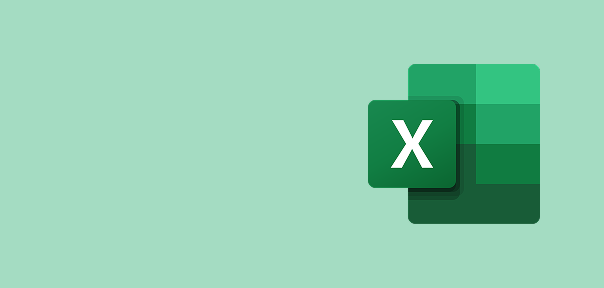

View Course

Included with Pro+ Subscription

View Course

Included with Pro+ Subscription
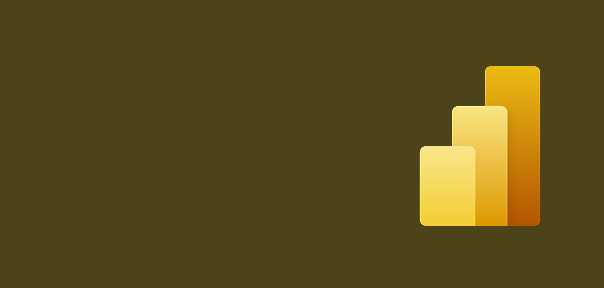

View Course

Included with Pro+ Subscription

View Course

Included with Pro+ Subscription

View Course

Included with Pro+ Subscription

View Course

Included with Pro+ Subscription
 (1).jpg)
View Course

Included with Pro+ Subscription
.jpg)
View Course

Included with Pro+ Subscription
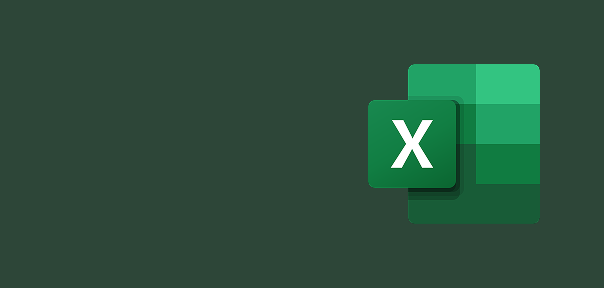

View Course

Included with Pro+ Subscription


View Course

Included with Pro+ Subscription
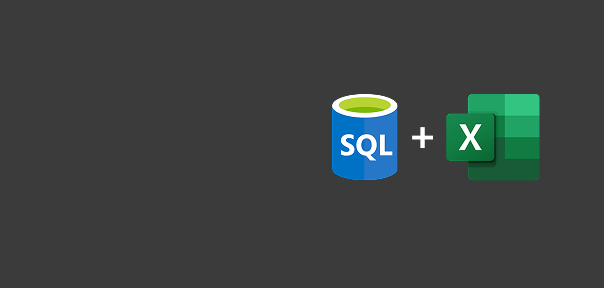

View Course

Included with Pro+ Subscription
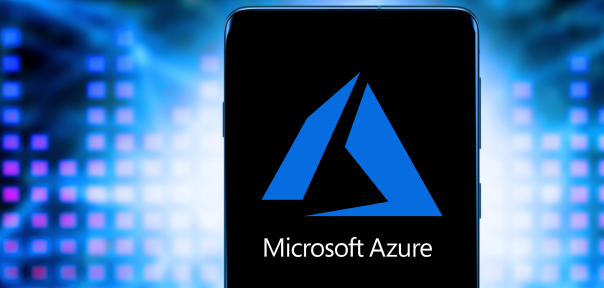



View Course

Included with Pro+ Subscription


View Course

Included with Pro+ Subscription

View Course

Included with Pro+ Subscription

View Course

Included with Pro+ Subscription
 (1).png)
View Course

Included with Pro+ Subscription
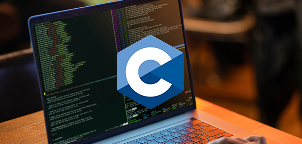
View Course

Included with Pro+ Subscription

View Course

Included with Pro+ Subscription
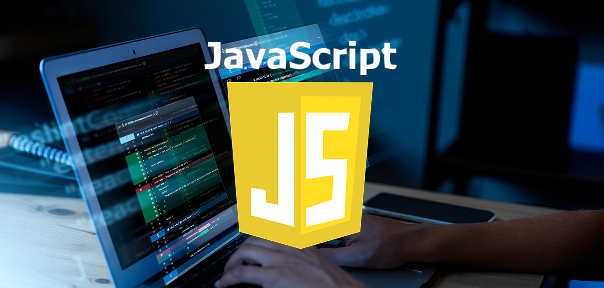
View Course

Included with Pro+ Subscription
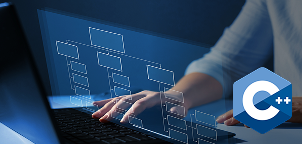
View Course

Included with Pro+ Subscription
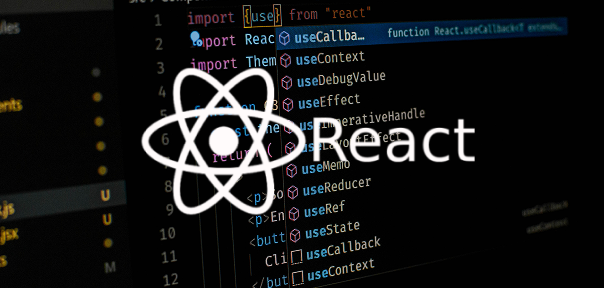
View Course

Included with Pro+ Subscription

View Course

Included with Pro+ Subscription


View Course

Included with Pro+ Subscription

View Course

Included with Pro+ Subscription

View Course

Included with Pro+ Subscription


.jpg)
View Course

Included with Pro+ Subscription
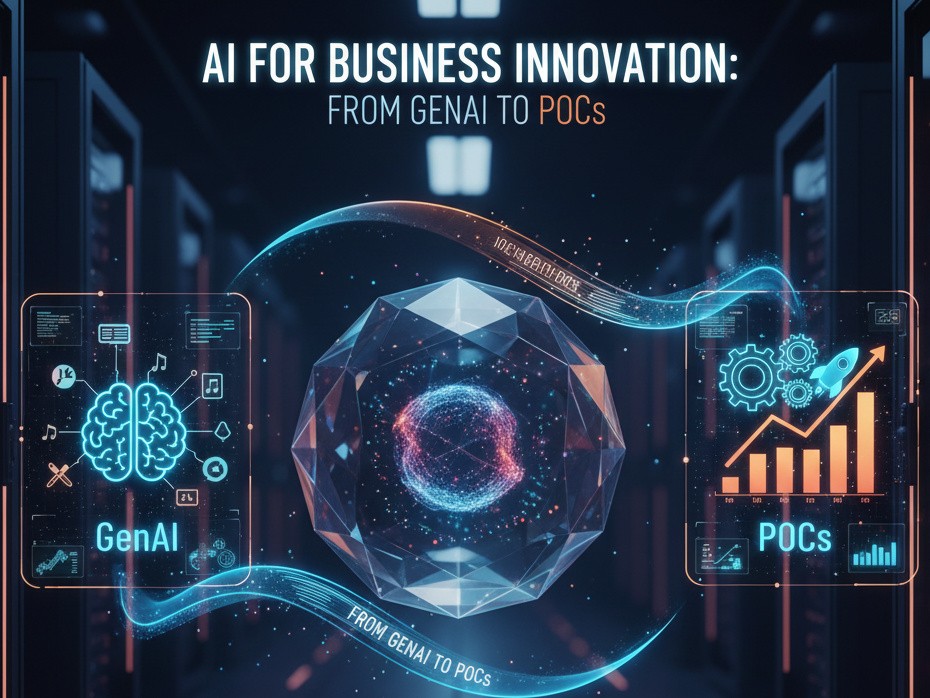
View Course

Included with Pro+ Subscription
.jpg)
View Course

Included with Pro+ Subscription

View Course

Included with Pro+ Subscription
.jpg)
View Course

Included with Pro+ Subscription
 (1).jpg)
View Course

Included with Pro+ Subscription
.png)
View Course

Included with Pro+ Subscription
.jpg)
View Course

Included with Pro+ Subscription
.jpeg)
View Course

Included with Pro+ Subscription
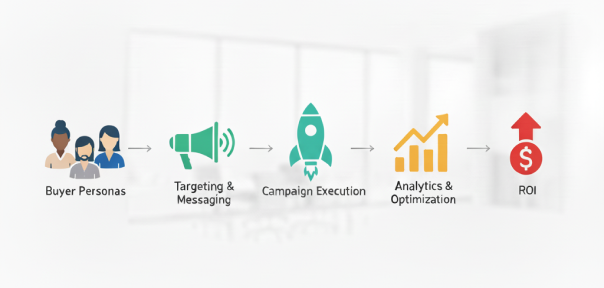
View Course

Included with Pro+ Subscription

View Course

Included with Pro+ Subscription

View Course

Included with Pro+ Subscription
.png)
.png)
View Course

Included with Pro+ Subscription
.png)
View Course

Included with Pro+ Subscription
.png)
View Course

Included with Pro+ Subscription


.png)
View Course

Included with Pro+ Subscription


View Course

Included with Pro+ Subscription
.jpg)

.jpg)

.png)

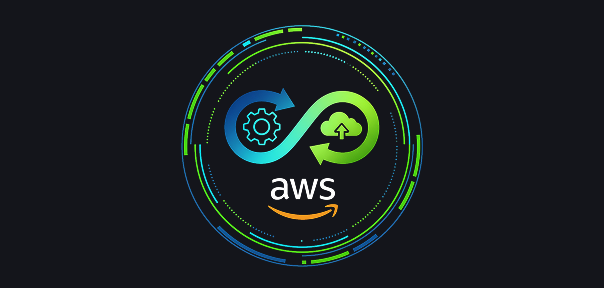
View Course

Included with Pro+ Subscription
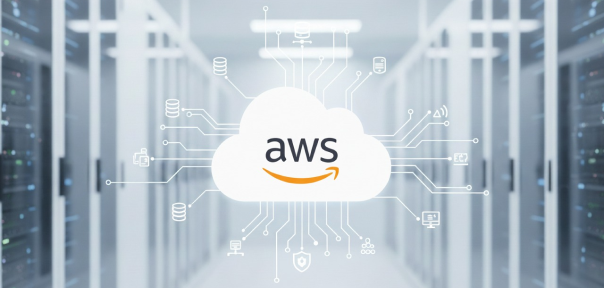

View Course

Included with Pro+ Subscription


View Course

Included with Pro+ Subscription
.png)
View Course

Included with Pro+ Subscription

View Course

Included with Pro+ Subscription
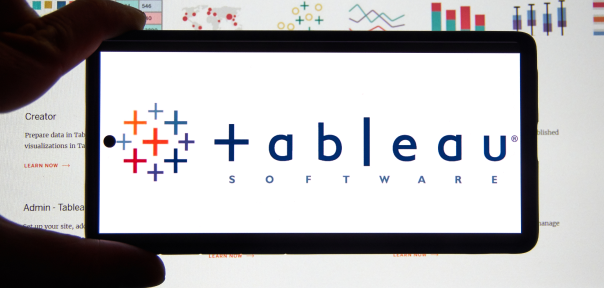
View Course

Included with Pro+ Subscription
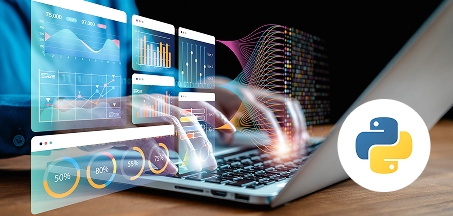
View Course

Included with Pro+ Subscription

View Course

Included with Pro+ Subscription
Popular


View Course

Included with Pro+ Subscription

View Course

Included with Pro+ Subscription


View Course

Included with Pro+ Subscription

View Course

Included with Pro+ Subscription

View Course

Included with Pro+ Subscription

View Course

Included with Pro+ Subscription
 (1).jpg)
View Course

Included with Pro+ Subscription
.jpg)
View Course

Included with Pro+ Subscription
Microsoft Courses


View Course

Included with Pro+ Subscription


View Course

Included with Pro+ Subscription


View Course

Included with Pro+ Subscription




View Course

Included with Pro+ Subscription


View Course

Included with Pro+ Subscription
IT & Software

View Course

Included with Pro+ Subscription

View Course

Included with Pro+ Subscription
 (1).png)
View Course

Included with Pro+ Subscription

View Course

Included with Pro+ Subscription

View Course

Included with Pro+ Subscription

View Course

Included with Pro+ Subscription

View Course

Included with Pro+ Subscription

View Course

Included with Pro+ Subscription
.png)
View Course

Included with Pro+ Subscription
.png)
View Course

Included with Pro+ Subscription
.png)
View Course

Included with Pro+ Subscription
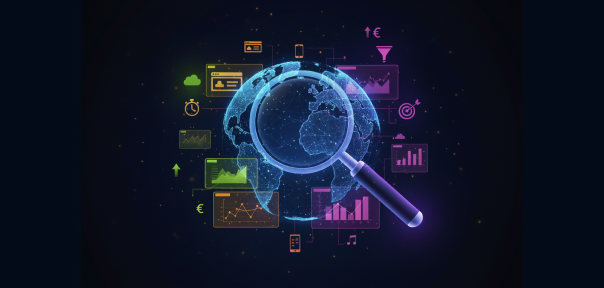
View Course

Included with Pro+ Subscription

View Course

Included with Pro+ Subscription
.jpg)
View Course

Included with Pro+ Subscription


View Course

Included with Pro+ Subscription
.png)
View Course

Included with Pro+ Subscription
.png)
View Course

Included with Pro+ Subscription


View Course

Included with Pro+ Subscription

View Course

Included with Pro+ Subscription

View Course

Included with Pro+ Subscription


View Course

Included with Pro+ Subscription
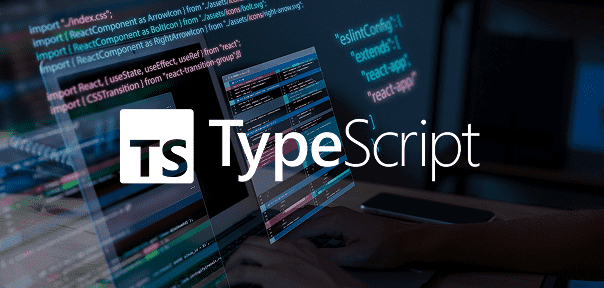
View Course

Included with Pro+ Subscription
AI & Generative AI

View Course

Included with Pro+ Subscription


View Course

Included with Pro+ Subscription

View Course

Included with Pro+ Subscription

View Course

Included with Pro+ Subscription


.jpg)
View Course

Included with Pro+ Subscription

View Course

Included with Pro+ Subscription
Management
.jpg)
View Course

Included with Pro+ Subscription

View Course

Included with Pro+ Subscription
.jpg)
View Course

Included with Pro+ Subscription
 (1).jpg)
View Course

Included with Pro+ Subscription
.png)
View Course

Included with Pro+ Subscription
.jpg)
View Course

Included with Pro+ Subscription
.jpeg)
View Course

Included with Pro+ Subscription

View Course

Included with Pro+ Subscription
.png)
View Course

Included with Pro+ Subscription

View Course

Included with Pro+ Subscription
.png)
View Course

Included with Pro+ Subscription

View Course

Included with Pro+ Subscription
.png)
View Course

Included with Pro+ Subscription
.png)
View Course

Included with Pro+ Subscription
.png)
View Course

Included with Pro+ Subscription

View Course

Included with Pro+ Subscription
Cyber Security

View Course

Included with Pro+ Subscription

View Course

Included with Pro+ Subscription
.png)
.png)
View Course

Included with Pro+ Subscription
.png)
View Course

Included with Pro+ Subscription
.png)
View Course

Included with Pro+ Subscription
Cloud Computing


.png)
View Course

Included with Pro+ Subscription


View Course

Included with Pro+ Subscription
.jpg)

.jpg)

.png)


View Course

Included with Pro+ Subscription


View Course

Included with Pro+ Subscription
.png)

View Course

Included with Pro+ Subscription
.png)

View Course

Included with Pro+ Subscription
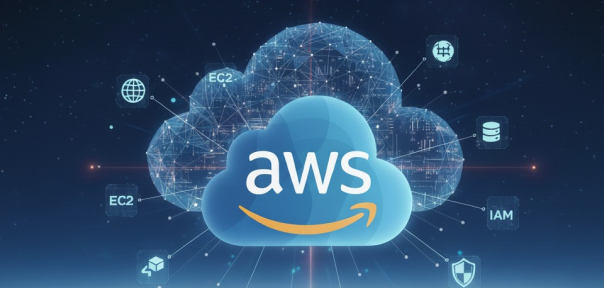

View Course

Included with Pro+ Subscription
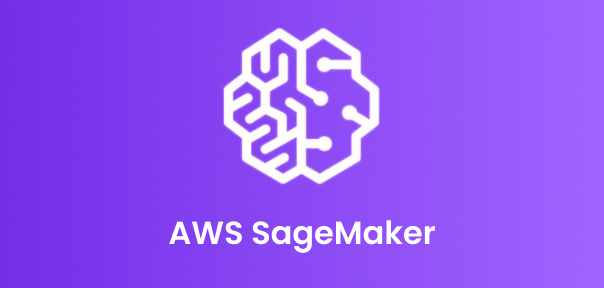

View Course

Included with Pro+ Subscription



Data Science & ML


View Course

Included with Pro+ Subscription
.png)
View Course

Included with Pro+ Subscription

View Course

Included with Pro+ Subscription

View Course

Included with Pro+ Subscription

View Course

Included with Pro+ Subscription

View Course

Included with Pro+ Subscription
Subscribe to Academy Pro+ & get exclusive features
₹999/month Inc. of GST
No credit card required
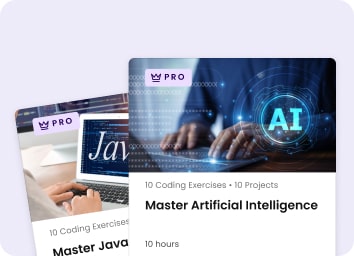
Learn from 40+ Pro courses
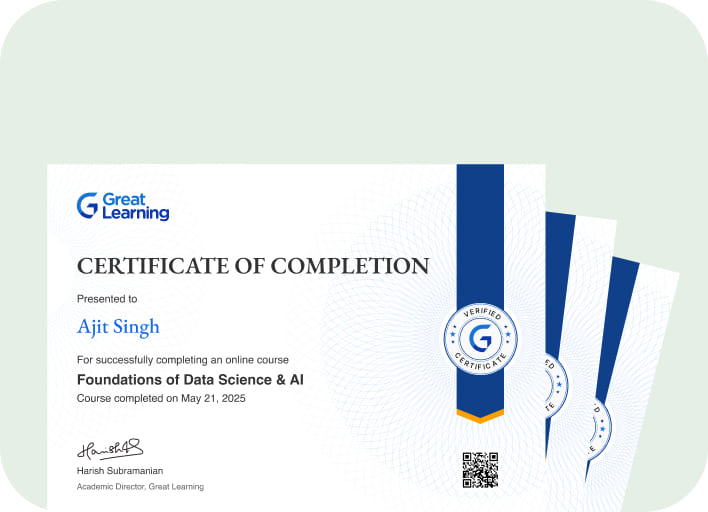
Access 500+ certificates for free
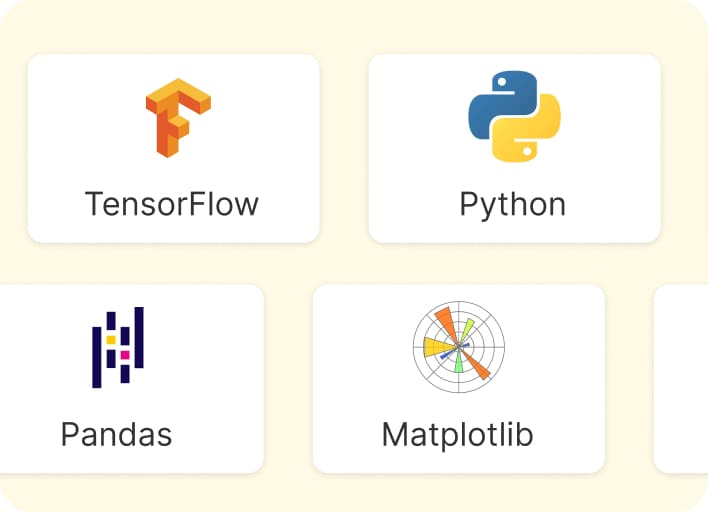
700+ Practice exercises & guided projects
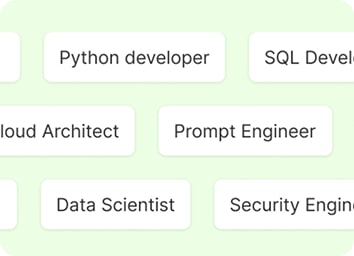
Prep with AI mock interviews & resume builder
Recommended Free Software courses





Similar courses you might like


.jpg)

Relevant Career Paths >
Introduction to Web Scraping Libraries
Web scraping, the process of extracting data from websites, has become a fundamental technique for collecting information from the vast and diverse landscape of the internet. To facilitate this task, various programming languages offer libraries and tools specifically designed for web scraping. In this exploration, we'll delve into some popular web scraping libraries and their key features.
Beautiful Soup (Python):
Beautiful Soup stands out as a prominent Python library tailored for web scraping HTML and XML files. Its primary function is to create a parse tree from a webpage's source code, enabling developers to easily navigate and search for specific elements. Beautiful Soup is known for its robust handling of poorly formatted HTML, making it resilient in extracting information from even the messiest web pages. When combined with Python's requests library, Beautiful Soup becomes a powerful choice for web scraping tasks.
Scrapy (Python):
Scrapy takes a different approach as an open-source web crawling framework for Python. It provides a set of reusable components that empower developers to create spiders capable of crawling websites and extracting data. Notably, Scrapy is highly extensible and suitable for large-scale scraping projects. Its adherence to the "don't repeat yourself" (DRY) principle encourages developers to write clean and modular code, enhancing the efficiency of web scraping endeavors.
Selenium (Multiple Languages):
While Selenium is widely recognized for browser automation, it is also a valuable tool for web scraping. Selenium allows developers to interact with dynamic content rendered by JavaScript, a feature not inherently provided by other libraries. By opening a browser window, mimicking user interactions, and retrieving the rendered HTML, Selenium is particularly useful for scraping websites heavily reliant on client-side scripting.
Scrapy Splash (Python):
Scrapy Splash is an extension of Scrapy that integrates with Splash, a headless browser. This combination allows developers to handle the rendering of JavaScript-based content, making it well-suited for scraping modern websites. By leveraging both the versatility of Scrapy and the capabilities of Splash, this extension is adept at handling dynamic pages and extracting information from websites with complex JavaScript interactions.
Puppeteer (Node.js):
Puppeteer, a Node.js library, offers a high-level API for controlling headless browsers. While commonly associated with browser automation, Puppeteer is also utilized for web scraping tasks. Its functionality includes interacting with web pages, taking screenshots, and extracting data from the rendered content. Particularly valuable for JavaScript-centric projects, Puppeteer empowers developers to navigate the challenges of scraping in a modern, dynamic web environment.
In conclusion, the availability of web scraping libraries significantly streamlines the process of extracting data from websites. Whether working with Python, JavaScript, or another language, these libraries provide essential tools for navigating web pages, handling dynamic content, and extracting valuable information for a myriad of applications, from data analysis to content aggregation. The choice of a specific library depends on project requirements, programming language preferences, and the nature of the web content being scraped.







